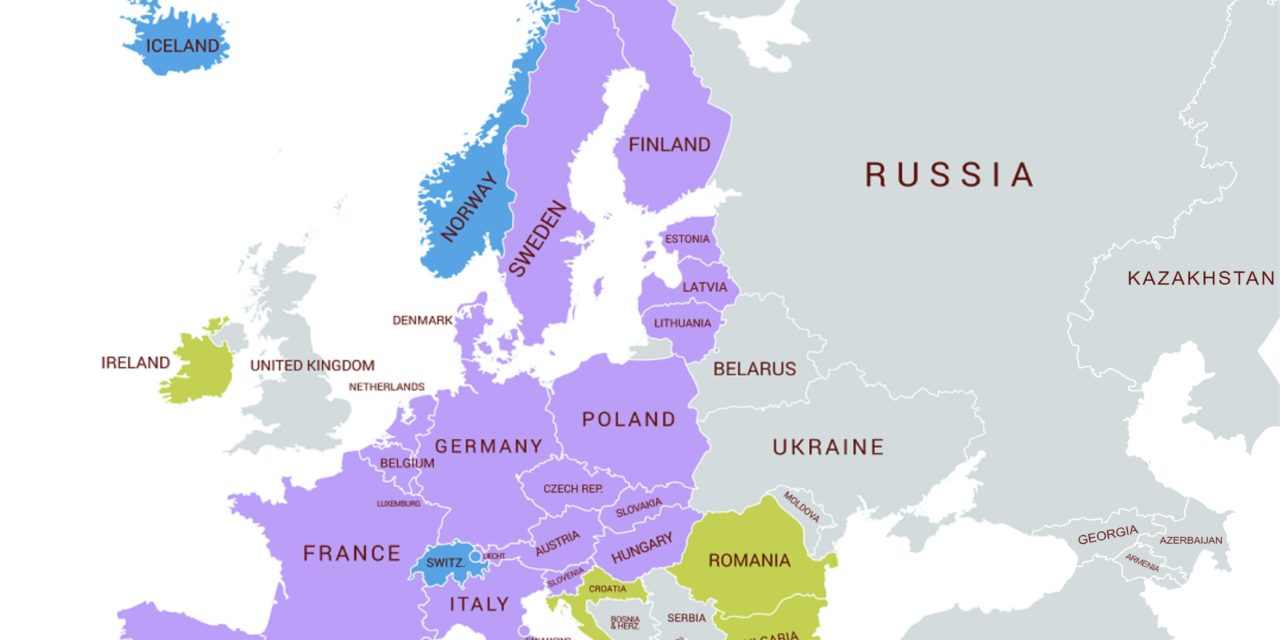 From November 2023, corporate travellers to Europe will encounter a new financial component in their planning – a €7 fee instigated by the European Travel Information and Authorisation System (ETIAS). This mandatory fee applies to visitors aged between 18 and 70 from visa-exempt nations who intend to enter the Schengen Zone.
From November 2023, corporate travellers to Europe will encounter a new financial component in their planning – a €7 fee instigated by the European Travel Information and Authorisation System (ETIAS). This mandatory fee applies to visitors aged between 18 and 70 from visa-exempt nations who intend to enter the Schengen Zone.
ETIAS is an electronic travel authorization system developed explicitly to pre-screen travellers arriving from visa-exempt countries in the Schengen Zone. The implementation of ETIAS is primarily to fortify security measures by detecting possible risks while promoting legitimate travel within the region. As such, business professionals travelling to countries under the ETIAS mandate are directly impacted.
Comprehension of the requirements and implications of ETIAS is crucial, regardless of the nature of your visit. Whether you’re a CEO preparing for a conference, a sales executive meeting clients, or an entrepreneur seeking new business prospects, understanding ETIAS is critical.
The good news is that obtaining ETIAS authorisation is expected to be quick for most applicants. The Commission estimates that around 95% of applications will be approved within minutes. Nevertheless, in rare instances, approval may extend up to 30 days.
ETIAS authorisation will be required for all Schengen Zone countries and is valid for three years or until the traveller’s travel document expires. During border checks, authorities will verify the ETIAS authorisation alongside other travel documents, such as passports.
The mandatory ETIAS introduces an extra layer to travel planning for professionals visiting the Schengen Zone. Business travellers from visa-exempt countries must complete an online application, provide personal details, and clear security checks to secure their ETIAS authorisation.
To ensure business travels within the Schengen Zone under the new ETIAS regulations are smooth and trouble-free, both companies and travellers should keep the following steps in mind:
- Stay Informed: Acquaint yourself with the specific ETIAS requirements, including the application process, fee structure, and any additional document requests.
- Keep Up with Changes: Travel requirements may change over time, necessitating regular checks of official sources for any updates or changes to the ETIAS regulations to adapt your travel plans accordingly and avoid unwelcome surprises.
- Compliance is Crucial: If your business involves multiple employees travelling to the Schengen Zone, it’s essential to communicate the ETIAS requirements to all relevant staff members. Providing clear guidance on the application process and assisting them through it ensures compliance with the new regulations, thus preventing any last-minute travel complications.
- Plan Ahead: Remember the additional step of obtaining an ETIAS authorisation. Allocate ample time for the application process, factoring in potential processing delays. If managing travel arrangements becomes challenging, consider engaging a Travel Management Company to streamline the process.
A proactive approach to these new regulations can optimise your business travel to the Schengen Zone. By complying with ETIAS regulations, you can make the most of your European experience.
This guidance is provided by Laura Busby, Commercial Director at Good Travel Management, an expert in travel management.
Written by: Jill Walsh




















